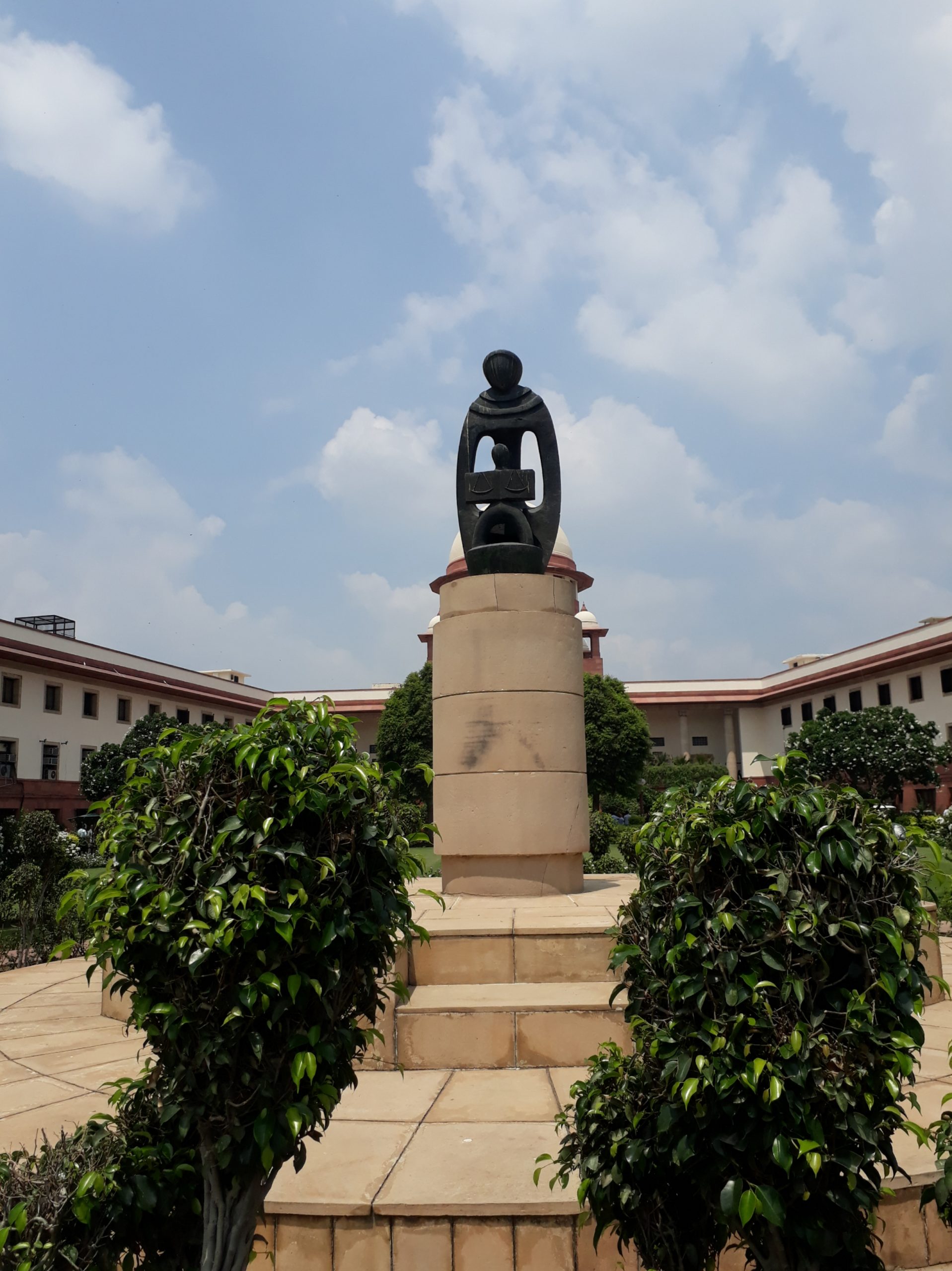The suit[Case No, 342 of 1986] filed by the predecessor-in-interest of the respondents (hereinafter described as ‘the respondent’) for specific performance of contract was decreed by the Trial Court. In appeal, the lower Appellate Court reversed the judgment and decree of the Trial Court directing execution of the sale deed, however, granted the relief of refund of earnest money given by the respondent as part sale consideration along with interest. The High Court finally upheld the judgment and decree of the Trial Court after setting aside the judgment of the lower Appellate Court. (Para 3)
We find that allotment of plot was made way back on 19.11.1963. Six decades have passed thereafter. No doubt, there were certain developments in the meantime. With the enactment of 1963 Act and 1971 Act, certain permissions were required to be taken by the appellant for development of the land as a colony. Those were taken. Even the plot was offered to the respondent. However, when the cost of the plot was demanded at a higher rate, even on the asking of the respondent, details were not furnished. The amount demanded was @ Rs. 135/- per square yard as against Rs. 25/- per square yard at which initially the allotment was made. The stand taken by the appellant is that at present all the plots have been sold out. We are not going into that aspect as the appellant agreed to pay damages to the respondent as, according to it, alternative relief for damages in the form of refund of earnest money along with interest has been claimed. Though the claim, as per the appellant, is for refund of the money along with interest @ 18% per annum, however, the appellant is even ready to pay interest at a higher rate. (Para 10)
A perusal of the prayer made in the suit shows that in the alternative, only refund of earnest money along with interest has not been claimed, rather the respondent/plaintiff had claimed adequate damages, which may include refund of the earnest money along with interest. Merely refunding the earnest money paid, after sixty years will be unreasonable as the respondent, after booking the plot, has been waiting all along as even in the litigation since 1986. The price of the land in the area has increased manifold for the last sixty years. (Para 11)
Considering the aforesaid totality of the facts, in our view, the interest of justice will meet in case the impugned judgment and decree of the High Court is modified to the extent that instead of getting the sale deed of the plot registered @ Rs. 25/- per square yard, in the alternative, the appellant pays a total amount of Rs. 50,00,000/- to the respondent as full and final settlement of claim in the suit. The amount is to be paid within a period of three months. (Para 13)
SUPREME COURT OF INDIA
2023 STPL(Web) 466 SC
[2023 INSC 1055]
M/S Greater Ashoka And Land Development Company Vs. Kanti Prasad Jain (Deceased) Through Lrs.
Civil appeal no(s). 7990-7991 of 2023 (Arising out of S.L.P.(C) No.23655-56 of 2018)-Decided on 6-12-2023
https://stpllaw.in/wp-content/uploads/2024/01/2023-STPLWeb-466-SC.pdf







